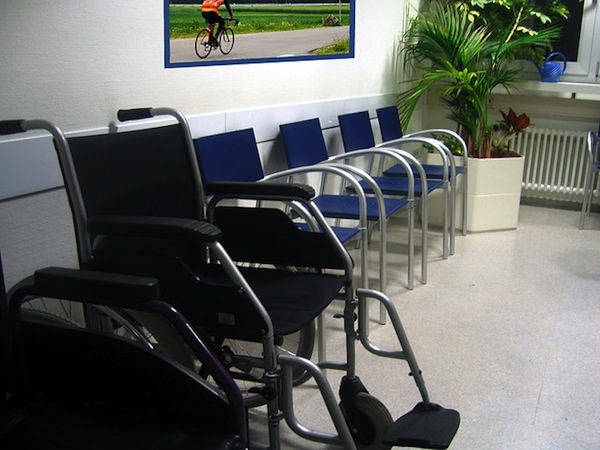Urgent Care vs. ER: How Do You Choose?

It’s important to know when and where to go for care. If a health concern arises after hours and you cannot wait until your physician is available, an urgent care center may be the best choice.
Without doubt, the ER is appropriate when immediate medical treatment is needed for a serious accident or emergency. If you or a loved one experience a life- or health-threatening medical situation, call 9-1-1 or proceed to the nearest hospital right away.
But for those less serious illnesses or injuries that need prompt attention, but aren’t exactly emergencies, an urgent care center is the better alternative. Here’s why:
- Urgent care centers are open later than a traditional physician’s office, and usually can see patients during the weekends and on holidays.
- ERs often have lengthy wait times, especially if you show up with a problem that isn’t extremely serious. You can probably get in and out of an urgent care center much more quickly.
- An urgent care center visit is more cost-effective than the ER. What you pay depends on your benefit plan, but for the most part, the cost of an urgent care visit will be much more affordable. Consult your specific plan information or contact member services if you have questions about your out-of-pocket costs.
- There are many urgent care centers to choose from, with convenient transportation and parking.
So, how do you know if your situation can be treated at urgent care, or if an ER visit is needed? If you have the following, go to the ER:
- chest pain
- trouble breathing
- major injury or trauma
- high fever accompanied by other symptoms (especially if you have a heart or lung condition)
- signs of a stroke (facial paralysis, numbness, weakness; arm or leg numbness or weakness; slurred speech; altered mental state)
- impaired vision
- head trauma
- loss of consciousness
- severe abdominal pain
- profuse bleeding
Examples of problems that an urgent care center can treat include:
- cough or nasal congestion (or other symptoms of the common cold)
- ear infection
- rash
- strep throat
- pink eye
- sinus infection
- pneumonia
- urinary tract infection
- yeast infection
- painful urination
- nausea/vomiting
- lacerations
- minor burns
- diarrhea
- sprains/broken bones
Urgent care centers can treat pediatric and geriatric patients, although frail elderly people or very young infants should go to an ER with any serious medical issues.
All CDPHP primary care providers are required to have a 24-hour on-call physician. If you’re unsure as to what to do, consult with your PCP’s office for direction. Or, use the CDPHP Find-A-Doc mobile app, web-based Provider Search or call member services to find a nearby urgent care center.
Again, if you believe that you’re experiencing a life-threatening emergency, dial 9-1-1 for an ambulance or go to your nearest emergency department.
References: The Baltimore Sun, National Association for Ambulatory Care, University of Michigan Health System
 The Daily Dose
The Daily Dose
 Kathy Leyden
Kathy Leyden
Joy Butler
I agree that it is important to decipher if immediate medical treatment is necessary before visiting an urgent care center. It could be very dangerous to naively bring your friend or family member to urgent care when they are having symptoms of something life threatening. It could be a good idea to search online the symptoms that they are having to gauge how serious they are and to determine if you should take them to the emergency room or to urgent care.
Kathy Leyden
Thank you for your comment, Joy! While the internet offers a wealth of credible information, I would not depend on it, especially when it comes to your health. If you’re unsure whether your symptoms are life-threatening, your best course of action is to call your PCP’s office. Most are required to have a physician on call 24/7. If you do think you are experiencing a life-threatening emergency, dial 9-1-1 or go to the nearest ER.